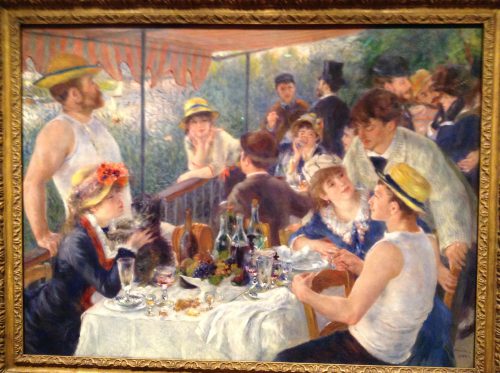A Way To Talk About Race In A Parish
PEP Newsletter
Ideas For Your Parish
________________________________________________ August, 2020
Understanding Racism
Ten years ago, Fr. Bryan Massingale wrote a book that still rings true. It’s called, Racial Justice and the Catholic Church (Orbis Books, 2010). He suggested that sympathy or even empathy is not enough in response to racial disparities. Solidarity, for him, was the key. “Solidarity entails a constant effort to build a human community where every social group participates equitably in social life and contributes its genius for the good of all.” (p. 117) This is a difficult ideal to achieve.
One way to build a community where every social group contributes to the good of all is to realize that there is a difference between how those of different races view themselves. “If one were to try to capture the ‘soul’ of African American culture,” Massingale writes, “perhaps it would be struggle.” (p. 20) For the White culture, the core element is “the presumption of dominance and entitlements.” (p. 24). The movement towards solidarity requires a greater understanding of how these two cultures differ from one another and how the differences might be addressed. To this end, those of various racial backgrounds will need to talk with one another about their personal experiences.
A Process For Building Awareness
One way to foster parish conversations on this topic is a process called The World Café ((Juanita Brown with David Isaacs, Berrett-Koehler Publ., San Francisco, 2005.) Any number of people can participate and it can be adapted for virtual interaction. In a parish setting, for instance, those who choose to “attend” would receive an email that included links Zoom sessions. The planners for the event would divide the participants into three sets of “meetings” of four people each, plus a “host” to act as moderator. The ideal would be to have racially mixed groups, although this might not always be possible.
A Sample Meeting
You receive a surprise call from the pastor asking you to join a pilot project. “If you agree,” he says, “you will receive an email with links to three Zoom sessions, each including 3 other people and a moderator. The first session will start at 3:00 pm on Sunday, another at 3:20 pm and a third at 3:40 pm. There will also be a fourth link for all 20 participants to share their reactions. It will start at 4:15 pm.” Having agreed to participate, you link into the first Sunday session. The other three parishioners are new to you. The host explains the process and then asks the four of you to reflect on this question: “What was a personal interaction you had recently with someone who was of a different race?” After a moment of reflection, each of you have a story to tell. After 15 minutes, the host intervenes, telling us to go back to our original email and click on the second Zoom link for the 3:20 pm session. This second session has a group that includes a different host and three other new people. The host begins by asking this question: “As you told your story in the first session, do you remember making any assumptions about the person you encountered, or if not when it happened, at least as you reflected on it now?” This is a more difficult question, but as people struggle to answer, some insights begin to emerge. The interchange ends when the host asks you to enter the third session with a new group and a new question: “What could I do to foster greater solidarity among those of different races in the parish?” It is some time before anyone begins the conversation, but soon various ideas surface. At 4:00 pm, the session comes to an end with the instruction, “Join us in 15 minutes with your reactions and whether we should do this with others in the parish.” You link into the combined meeting, recognizing those you were with at the earlier sessions. After sharing reactions, the process comes to an end with the pastor thanking everyone for our involvement and promising to let us know what the next steps will be. Your response? “It was a great experience. Thank you for the invitation and yes, do it again for others!”


